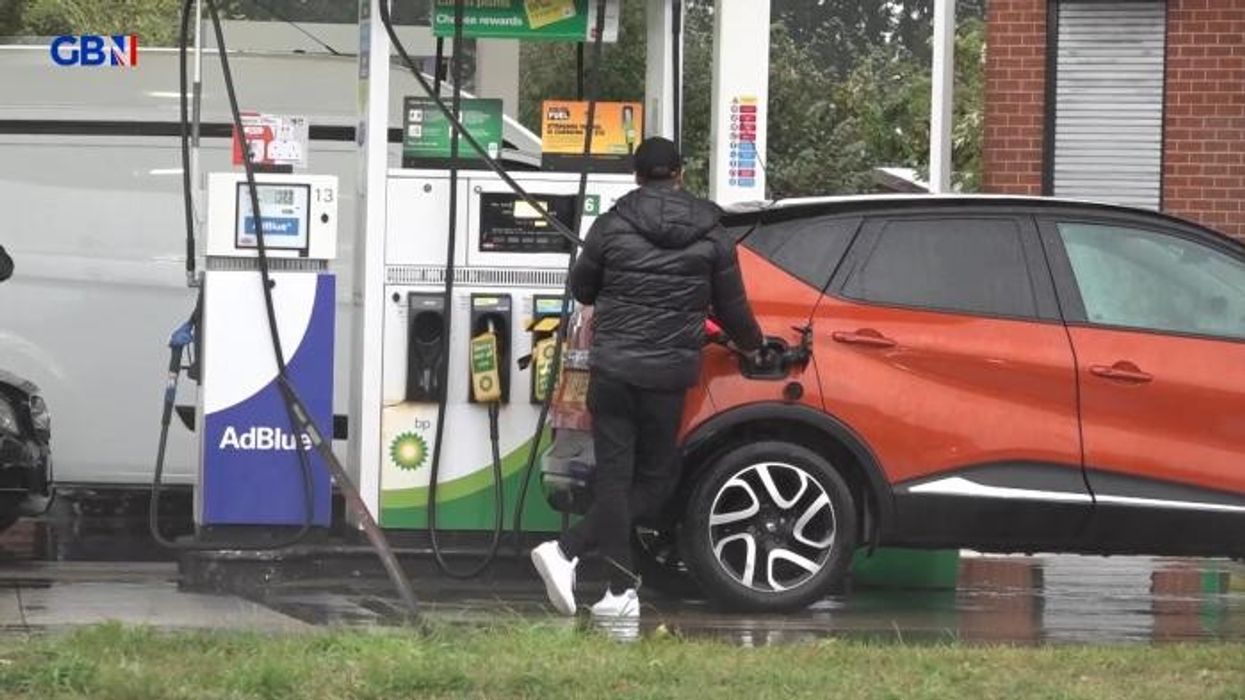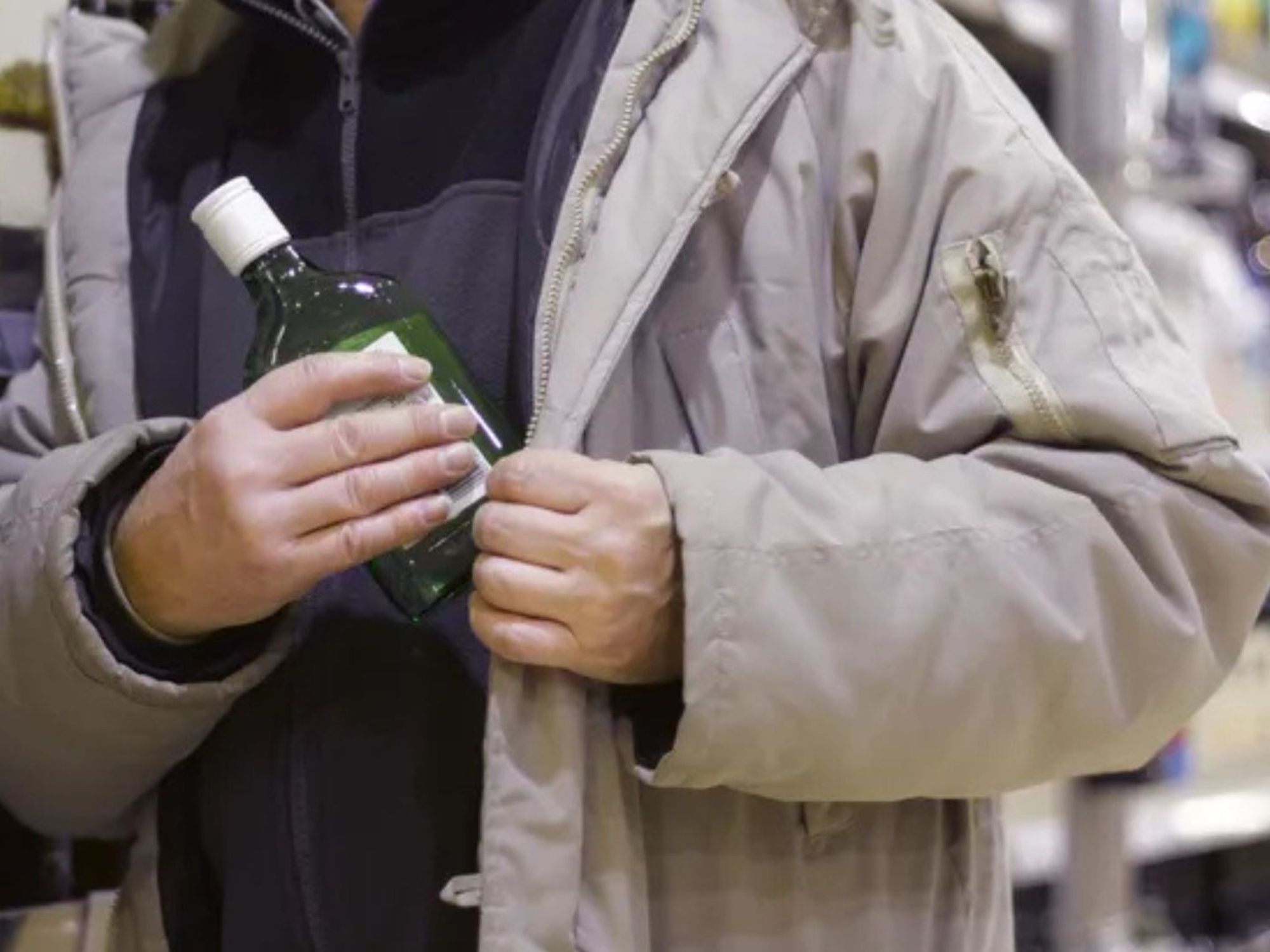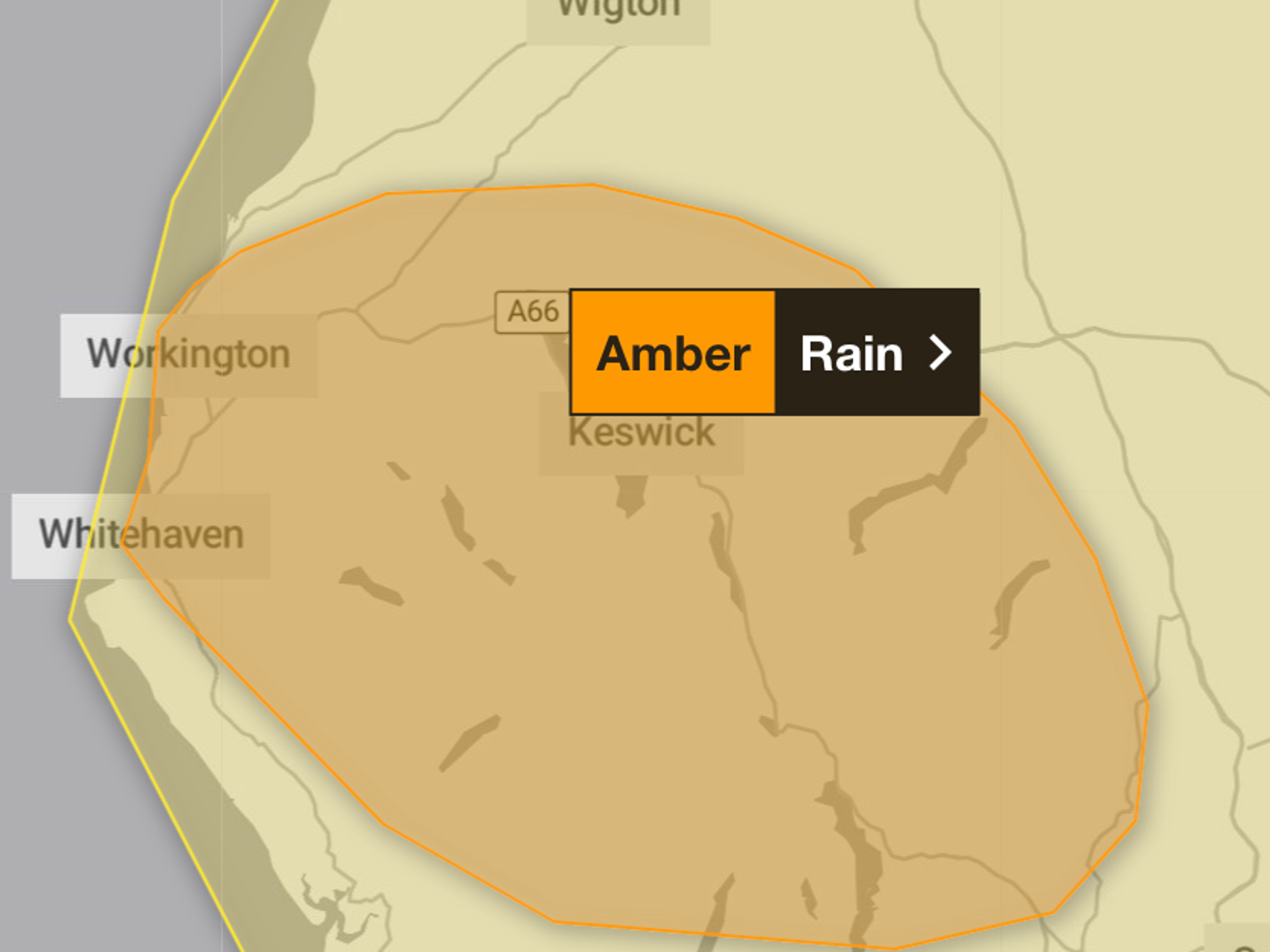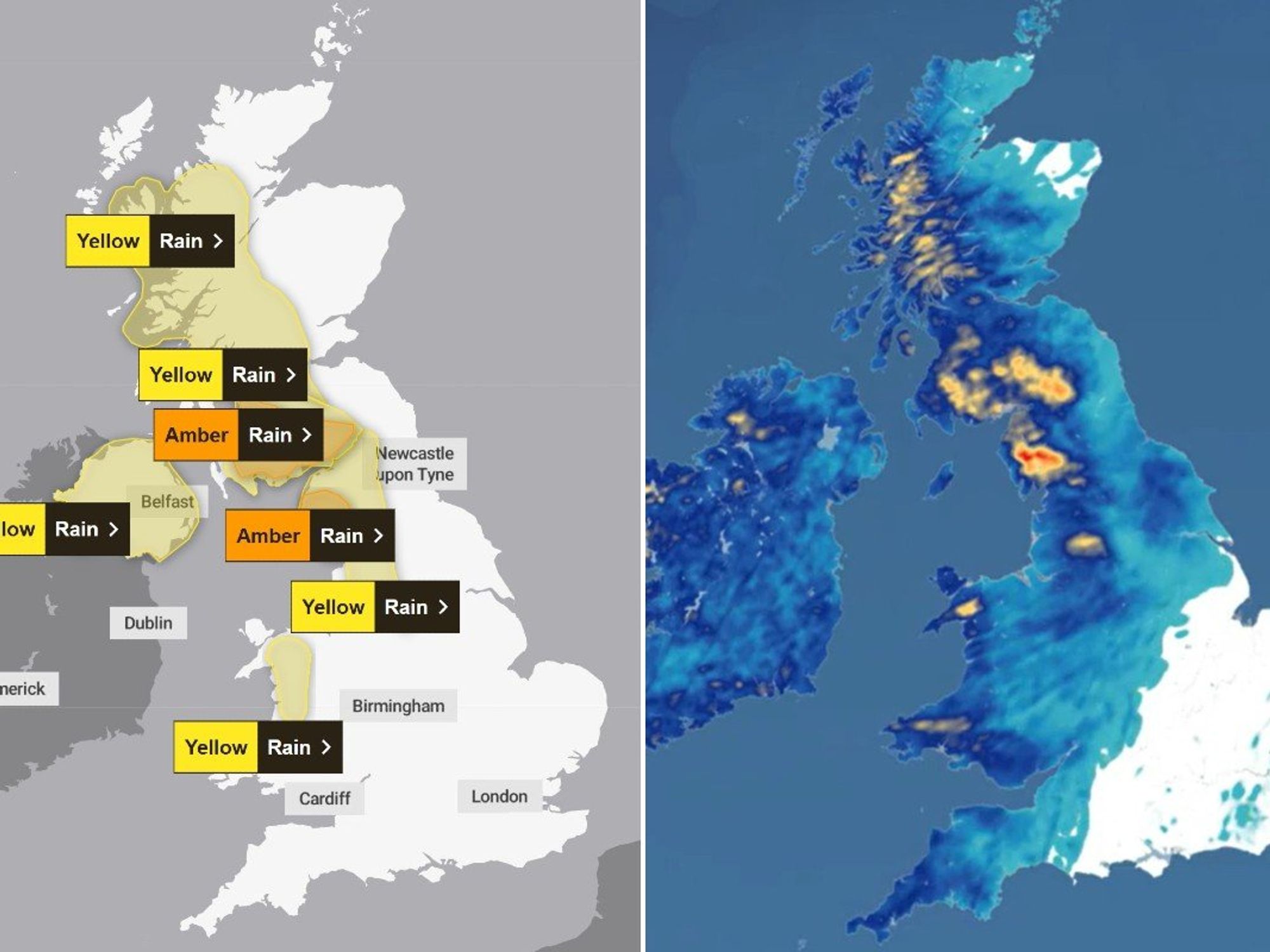Classic car owners urged to avoid buying E10 petrol at filling stations or risk potential engine damage

'Knowing which fuels are best for your car's engine is key, particularly for those with vintage cars'
Don't Miss
Most Read
Classic car owners are being urged to ensure they are using the correct fuel or they could be left with serious engine issues.
When E10 petrol was first introduced in 2021, the Government warned that around 95 per cent of petrol-powered vehicles on the road are compatible.
However, classic car drivers were warned that they could damage their engines if they were to fill up with the new, greener fuel.
All new petrol cars manufactured since 2011 are E10 compatible, as are most cars and motorcycles since the late 1990s.
Do you have a story you'd like to share? Get in touch by emailing motoring@gbnews.uk
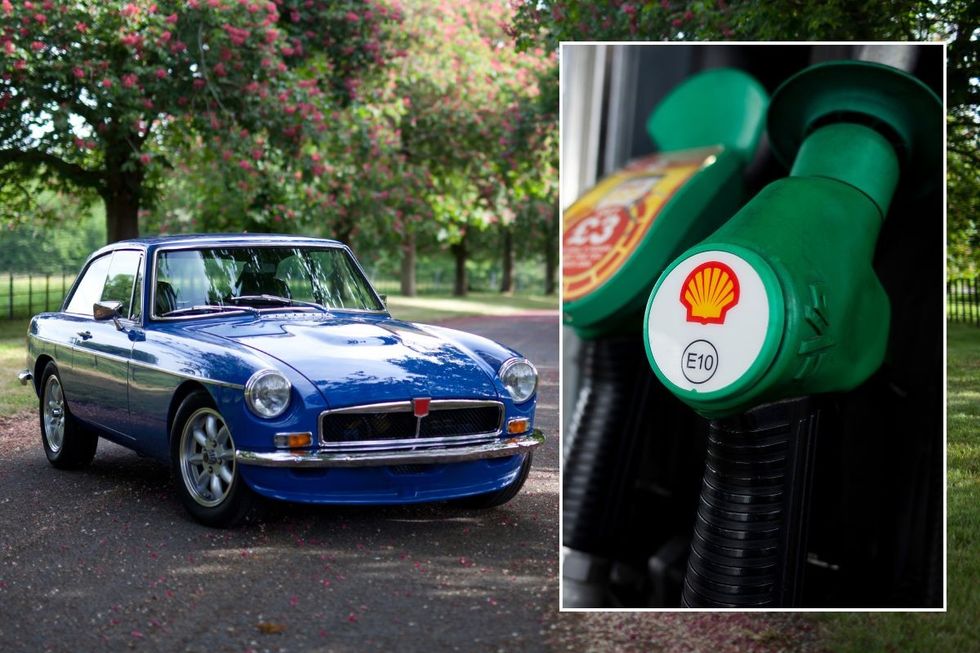
Owners of vintage cars are being urged to be careful when using E10
|GETTY
Drivers are urged to contact the manufacturer of their vehicle or their local specialist garage to see if it will be safe to use E10 petrol.
There were fears that this could have a huge impact as the Government's E10 fuel checker did not contain many older manufacturers, resulting in confusion.
Darren Miller, spokesperson for BigWantsYourCar.com, urged classic vehicle owners to ensure they are using caution when dealing with E10.
He said any existing problem in the vintage car could be exacerbated as a result of the increased ethanol content, especially with the older engines.
In some cases, the engines could accumulate carbon that can cause knocking and pinging, potentially resulting in the driver needing to visit a garage for repairs.
The expert added: "For classic car enthusiasts who prioritise performance and engine lifespan, choosing premium gasoline is a wise decision.
"High-octane premium fuels are designed to cope with the higher compression pressures in older engines, helping to prevent early engine wear."
If a vehicle is not compatible with E10 petrol, they should continue to use E5 petrol in the "super" grade, which is still available at the majority of larger filling stations.
Experts from Hagerty warned that some drivers could see condensation in their fuel tanks, fuel lines and carburettors, as well as causing corrosion.
There were estimates from the RAC that around 600,000 vehicles would not be compatible with E10 petrol.
Miller continued, saying: "As the car industry moves towards biofuels like E10 for environmentally friendly options, finding the right balance between being environmentally friendly and maintaining your engine is important.
"Knowing which fuels are best for your car's engine is key, particularly for those with vintage cars."
LATEST DEVELOPMENTS:
- DVLA issues urgent 'five minute' warning to drivers over car tax changes weeks after price hikes
- Drivers urged to save £1,800 a year by ditching petrol and diesel vehicles and switching to electric
- Elon Musk makes huge announcement on future of Tesla electric cars, self-driving vehicles and humanoid robots
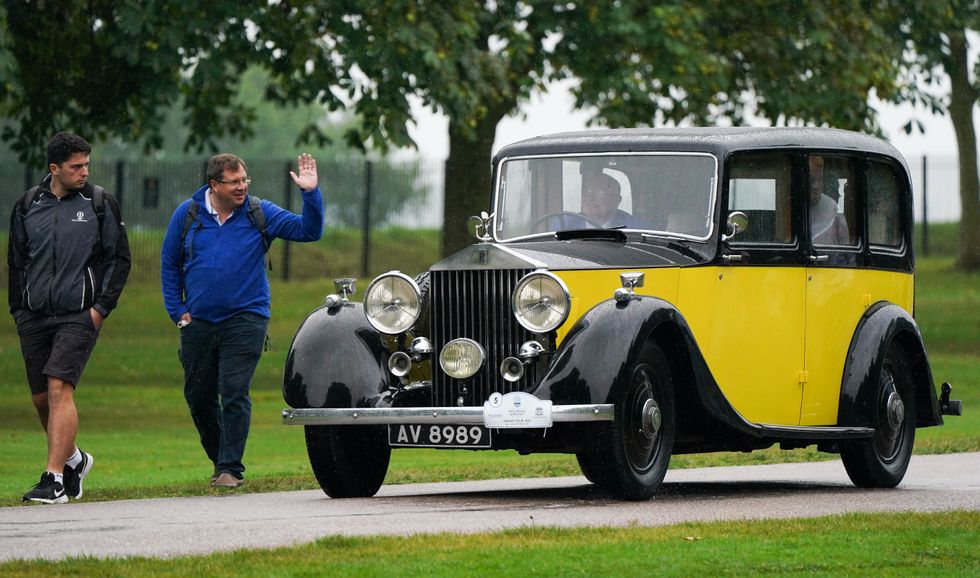
Owners should contact the manufacturer of their vehicle to see if it is compatible
| PAWhen it was first announced, the Government acknowledged that drivers would likely notice a small decrease in the fuel economy, although the difference would be minimal.


